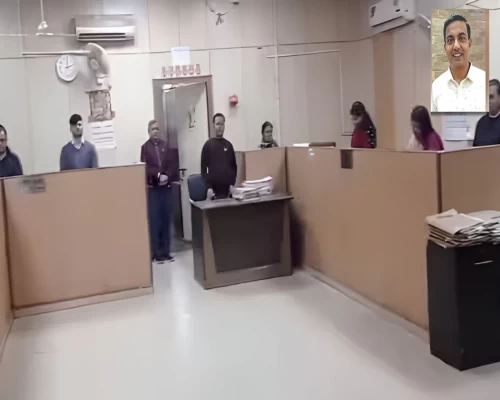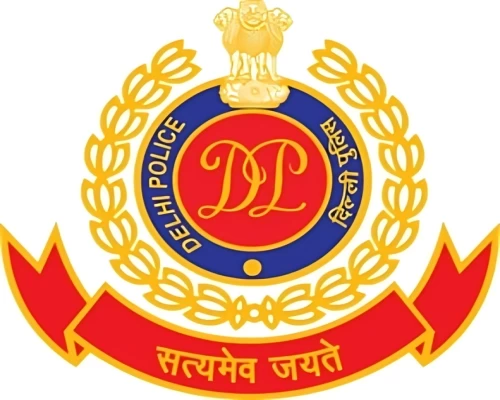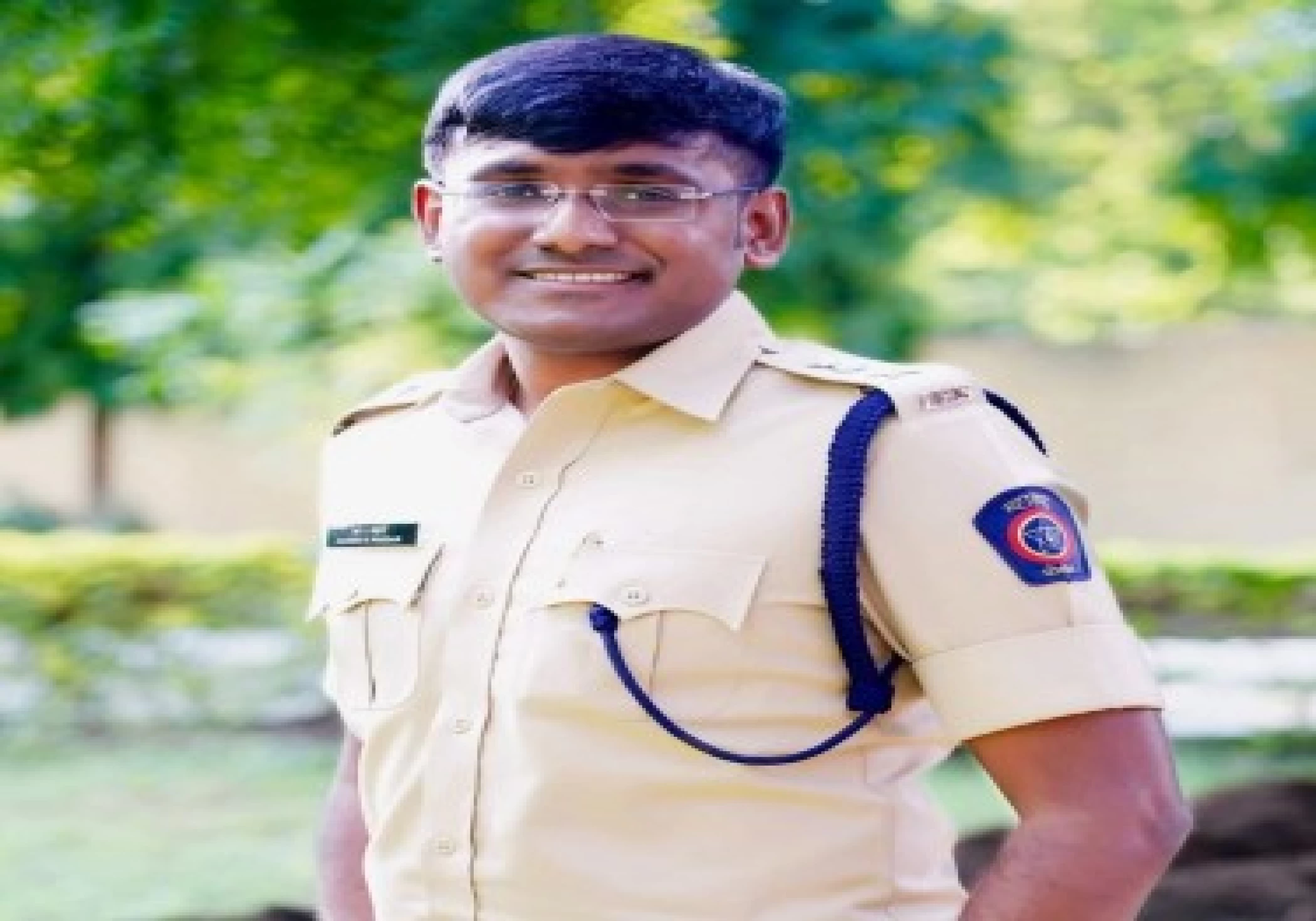
The corona crisis has caught the whole world unawares. It was a proverbial bolt from the blue for India as well. Though trained and equipped to maintain law and order and ensure enforcement, the Indian police rose to the occasion by metamorphosing itself overnight into a new template of policing to handle an extremely delicate situation involving scores of hapless and innocent people, as was shown by the Police of Beed in Maharashtra under the leadership of Superintendent of Police (SP) Harssh A Poddar.
Wasting no time, Harssh and his team adopted a shift from enforcement to engagement, marked by empathy and kindness to deal with what will always be remembered as a humanitarian disaster for ages to come. “It was, by all yardsticks, an extraordinary situation, something unheard of or witnessed in the recent past of India. It was a big challenge, but we did not err in reading the writing on the wall. In no time, we geared up to handle the imminent challenge,” said Harssh in a conversation with Rajeev Ranjan Roy of Bureaucrats India.
Beed is a district in central Maharashtra, spanning in an area of 10,000 square kilometres with a population of three million, mostly engaged in agriculture. With labourers returning from other places and locals not knowing what lies in store for them, one can just imagine the challenge the cops would have faced in managing the whole situation.
The wholesome triad of principles – empathy, enforcement and awareness – proved a milestone for Harssh and his team in responding to human cries for help, consolation and strength to stay afloat against simmering odds, a praiseworthy job which has rightly got a coveted space in a report titled ‘Indian Police Response To Covid-19 Crisis’ brought out by the Bureau of Police Research and Development (BPR&D), an integral organisation under the ambit of the Ministry of Home Affairs, Government of India. The report contains as case studies the extraordinary performance of police units from all the states of India.
The concerted and swift efforts bore a very good outcome. Beed did not have any active cases for three solid months, which gave the health facilities of the district the crucial breather to upgrade and multiply rapidly. These upgraded facilities are what are now saving lives once the pandemic set foot in the district. If the disease had set in March or April, potentially several lives could have been lost because the health infrastructure was yet to prepare itself. “Our strategy worked in that there were no active cases of COVID-2019 in our district for the first three months when pandemic induced lockdown was imposed in the country,” added Harssh.
The report details how the young IPS officer and his team used empathy as their primary tool in taking on the challenge head-on. A fine-tuned pass system was introduced to ensure that those genuinely in need do not suffer at all with regards to supply of essential items under any circumstances. To ensure that no one starves at all, they focussed on the distribution of food grains and groceries. Cooked foods were also arranged. The movement of migrant labourers and those industrial workers who were returning home was effectively monitored. Help lines were put in place to deal with the complaints of domestic violence.
Simultaneously, the Beed Police undertook a massive awareness campaign to ensure the dissemination of correct information and keep a check on rumours. “Almost everyone was shaken from within. No one knew what was going to happen the next day. In such a situation, unscrupulous elements can create a lot of other problems,” added Harssh. Without wasting any time, the Beed Police launched an awareness campaign on a large scale by using different social media platforms like WhatsApp and Facebook and reached out to people across the length and breadth of the district.
According to the report -- Indian Police Response To Covid-19 Crisis, the Beed Police quickly set up a social media monitoring cell. A dedicated team was engaged in making awareness videos but without compromising with the importance of enforcement. As the enforcement was very important, the police rightly sealed the border. Village level intelligence committees were formed to ensure no unscreened person should enter the village. A contact tracing cell was formed to identify the people who came in contact with an infected person. The geo-fencing of home quarantined individuals was ensured with the help of a digital platform- a GPS based app that permits a closed group to keep track of all the people who are members of the group.
In conclusion, Harssh said: “A new humane face of the police came out when the corona fear was at its peak. They worked as corona warriors in the truest sense of the term. They risked their lives to serve the people. Private individuals also came out in support of the needy and extended their co-operation to us in dealing with the corona challenge effectively. We worked round the clock. It is quite satisfying that our work has qualified to be a case study and has been made a part of the Central Government’s landmark compendium, which will act as a testament for posterity of the heroic work done by the police across India during the pandemic.” /BI/


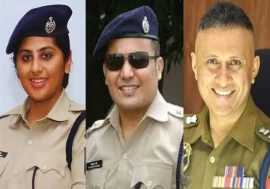

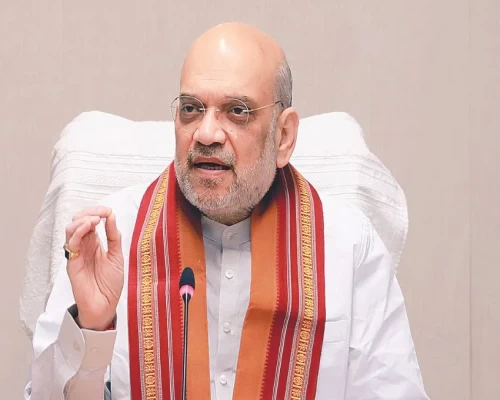
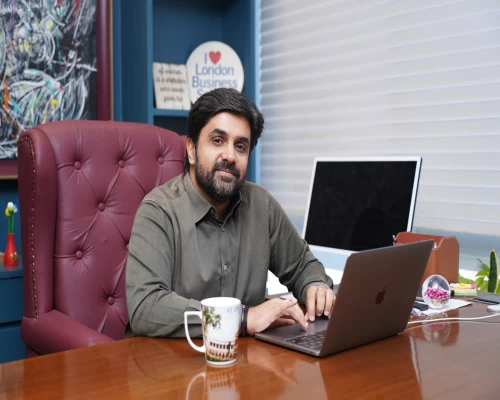

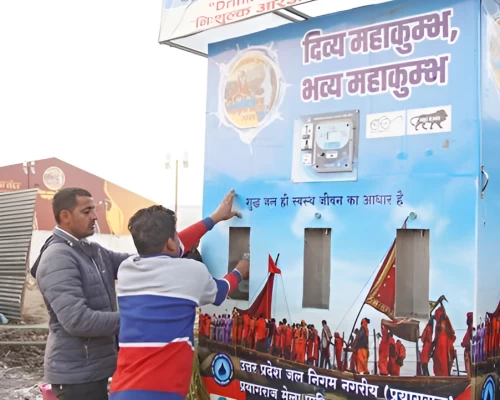
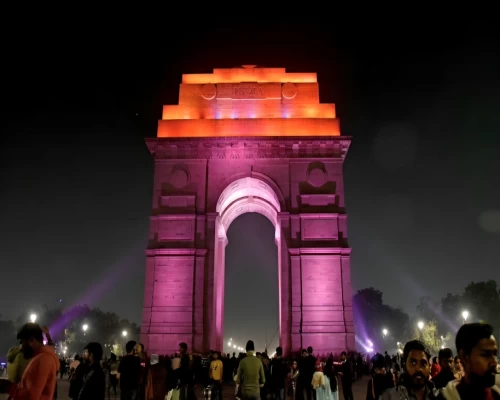

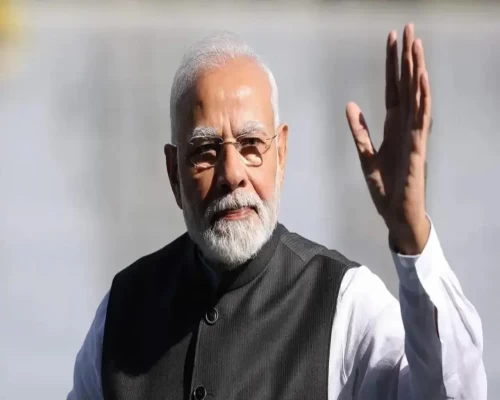
_500_x_400.webp)
